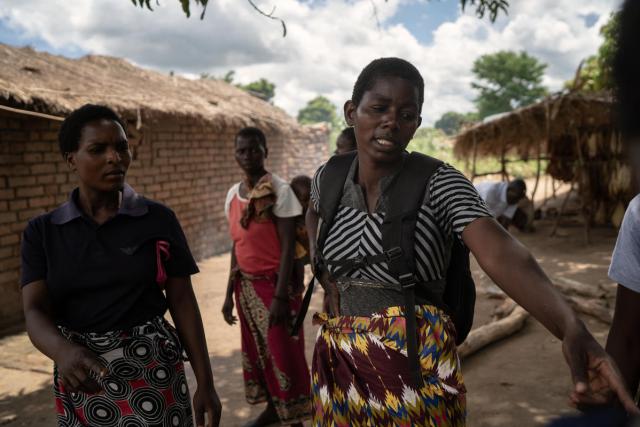Defining a “Quality Care Group”: Findings from USAID Advancing Nutrition Participatory Research in Zimbabwe and Malawi

The Care Group Model serves as a community-based platform for delivering essential health and nutrition programming. Care groups typically include 10-15 community-based volunteers who convene regularly to discuss health and nutrition topics. These individuals are then responsible for supporting household level behavior change in their communities by educating other community members on important health and nutrition practices. As programs and studies generate evidence on quality standards, learning from group participants themselves is critical to ensure high quality design and implementation in local contexts. To contribute to this learning, USAID Advancing Nutrition partnered with Amalima Loko, a USAID Bureau for Humanitarian Assistance-funded Resilience Food Security Activity in Zimbabwe, and Akule ndi Thanzi, a USAID Malawi bilateral nutrition project in Malawi. The webinar will highlight the process and key findings of research conducted with care groups in Zimbabwe and Malawi and share an overview of the local solutions co-developed with care group participants, which partners can use and adapt with communities.
Speakers include:
- Riley Auer (MSPH), SBC Project Officer, USAID Advancing Nutrition;
- Dr. Kondwani Chidziwisano, Research Fellow, WASHTED Centre, Malawi University of Business and Applied Sciences (MUBAS);
- Pamela Ncube Murakwani, Health & Nutrition Director, Amalima Loko